WASHINGTON, DC, February 24, 2011 (ENS) - At least 75 percent of the world's coral reefs are under such intense pressures - both local and global - that their very survival is threatened, finds the most detailed assessment of threats to coral reefs ever undertaken, published on Wednesday.
If these pressures continue unchecked, more than 90 percent of reefs will be threatened by 2030 and nearly all reefs will be at risk by 2050, according to the "Reefs at Risk Revisited" report.
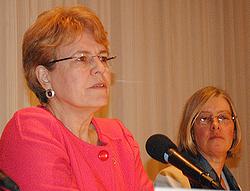
NOAA Administrator Dr. Jane Lubchenco, left, and report co-author WRI's Lauretta Burke at the launch event in Washington, DC. (Photo by Michael Oko courtesy WRI)
Read more: Warming, Polluted Oceans Imperil 75 Percent of All Coral Reefs
UPDATE 2, October 2011
Dear supporter,
A lot has been happening with the campaign as we work with the community, government and industry to bring in container deposits. But first - your letters and postcards have been sent to the various environment ministers in Australia. Over 26 councils from around Australia have also been distributing postcards - suggest your council does too. From discussions with government officials we know that they are taking notice - several thousand have been sent so far. The constant mailings help keep the pressure up. As you may have heard Coca Cola have threatened to take the Northern Territory government to court over the 2012 introduction of a container deposit system (CDS). Coke is known around the world as an opponent of CDS. However their tactic has backfired by sparking a call to boycott Coke products in the NT. They got a great deal of bad publicity. Fortunately the NT government was able to protect their scheme for the next 12 months by a special regulation - but undoubtedly Coke will still seek to oppose the CDS. The next major development will be the publishing of the impact statement on new national packaging measures. Container deposits is being assessed but less reliable, low return options from the beverage industry are also included. We are expecting a major push by Coke and their allies as well as senior departmental advisers to environment ministers, to drop the CDS option from further discussion. The impact statement will be appearing soon.
We have a big fight on our hands over coming months.
SANE Meeting Wednesday 14/9/11 at Patagonia 5.30pm
Present: Cara, Tess, Andrew, Chris, Kester, Graeme, Charles.
Apologies: Gordon, Kev.
Our meeting was held at Patagonia on the Surfcoast Highway, Torquay. Cara, the store manager from Patagonia, said staff are keen to assist SANE with their efforts in conservation activities. This included things like working bees and membership promotion.. After discussing the idea over the last couple of weeks it was decided that rather than expand our terrestrial works program, it might be valuable to explore a ‘marine’ subgroup in SANE. Consequently it was decided to invite Andrew Gray, the Coast Care co-ordinator for this region to present at the SANE committee meeting. The following Minutes are a record of that meeting:
Read more: SANE Meeting Wednesday 14/9/11 at Patagonia 5.30pm
Warming Oceans Encourage Explosion of Dangerous Bacteria
BRUSSELS, Belgium, September 13, 2011 (ENS) - Climate change is warming ocean waters, causing the spread of bacteria predicted to cost millions in health care as people are exposed to contaminated food and water and to marine diseases at work or at play.
The warning is expressed in a paper released today by European scientists in advance of a two-day conference in Brussels on the effects of climate change on the marine environment.
Project CLAMER, which stands for Climate Change and European Marine Ecosystem Research, a collaboration of 17 European marine institutes, issued the 200-page synthesis of more than 100 EU-funded projects published since 1998, together with a public opinion survey, a new book based on the scientific findings, and a major new documentary film to be featured at CLAMER's meeting September 14-15 in Brussels.
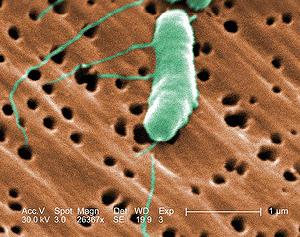
(Vibrio electron microscope image by Janice Carr courtesy CDC)
Read more: Warming Oceans Encourage Explosion of Dangerous Bacteria
Hi everyone,
Just thought you might like to see the results of the working bee this Sunday. 150 x Coast Pomaderris (Pomaderris paniculosa ssp. Paralia) were put in on the Rincon Headland with S.I.S. crack timing and precision as the team valiantly fought off an unhappy ant colony.
Plants will be watered in this week by the weather and brush-matting is being organised to go in over the top of the planting in the next couple of weeks.
Cheers,
Graeme
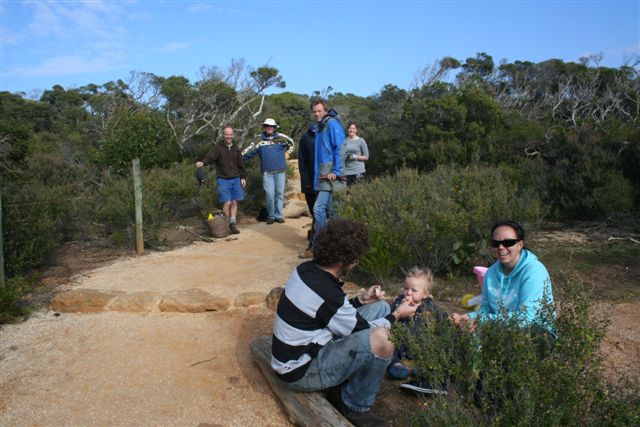
The area was previously very degraded and full of environmental weeds. Over the last few years the woody weeds have been removed and an initial planting took place in September of 2010. The site is about 1 hectare in size. The idea is to link up the Ironbark forest in the gully with the Moonah woodland on the headland. There are now thousands of plants in the ground and SANE members have spent the last few working bees getting the grassy weeds under control. As of Sunday we have moved almost two thirds of the way through the site with many of the plants now easily visible as one moves through it.
Thanks to Kev, Gordon and Charles for all their good efforts. Unfortunately no sight of the Queen.
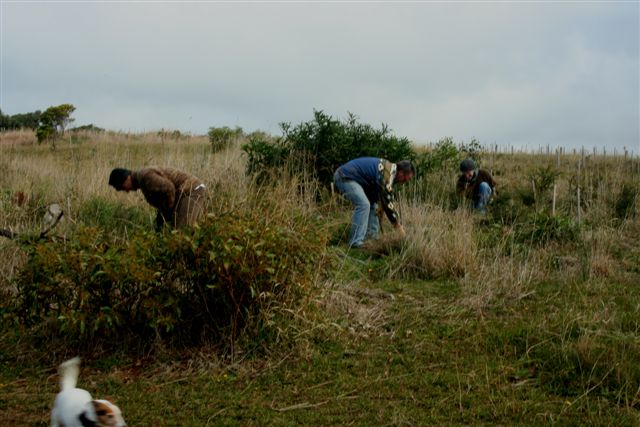
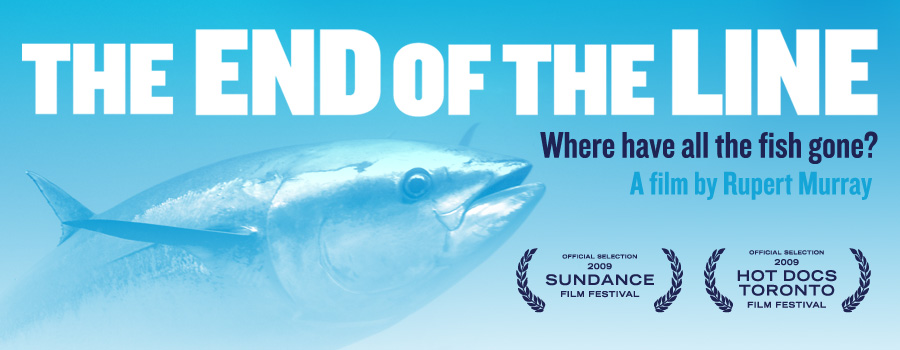
Did you know that a recent award winning film called 'End of the Line' predicts there will be no commercial species of fish left in the oceans by 2048 as a result of over-fishing. The movie highlights the plight of marine species the world over. Australian fisheries, whilst not as bad as those in the northern hemisphere, are still in bad shape. You can do something about it. Community groups from around the Surf Coast are aligning with Conservation Enterprises Unlimited (and using the ACF's seafood assessment) to turn this situation around. We want to make the SurfCoast the Sustainable Seafood Coast.
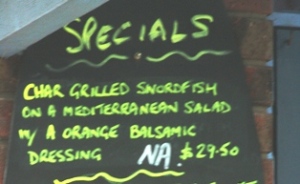
Signs such as the one shown above, which was taken from a Torquay Restaurant will then become a thing of the past-quickly! We need your help to create the change. Whenever any of you are planning to eat out at a cafe, restaurant or are purchasing seafood from a fish monger. Can you ask the following two questions- regardless of whether you intend to eat seafood:
NZ's new coastal policy (update) which includes provisions to protect some 30 of the country's best surf breaks through planning provisions.
Page 1 of 3
